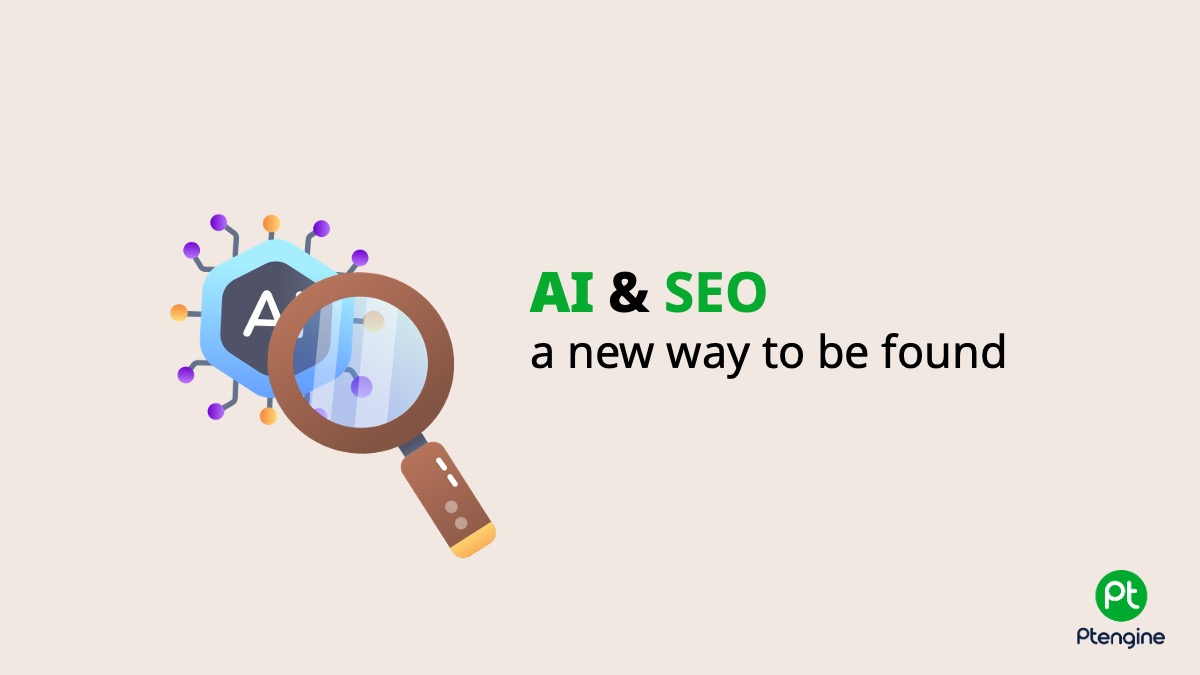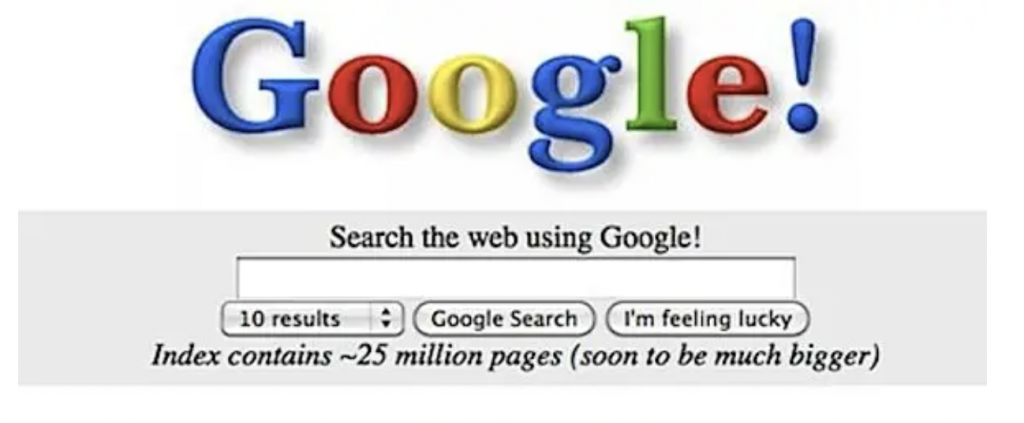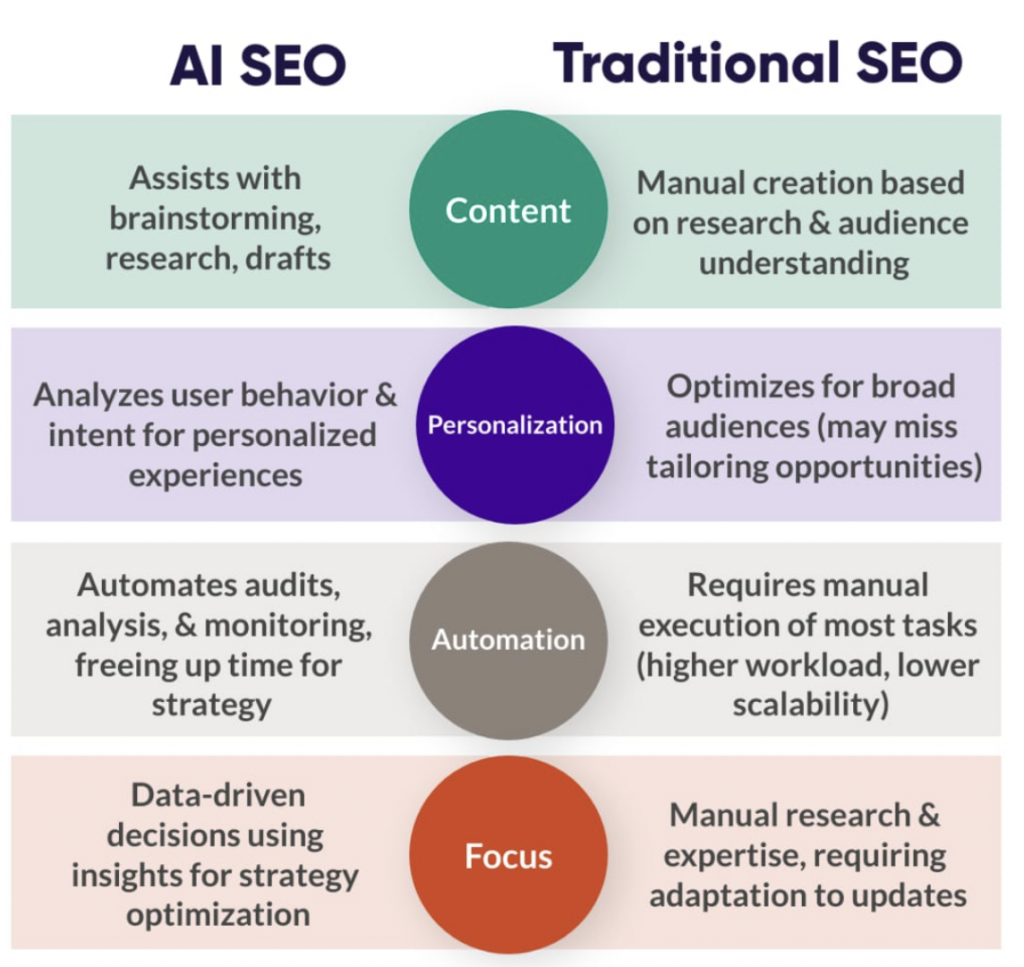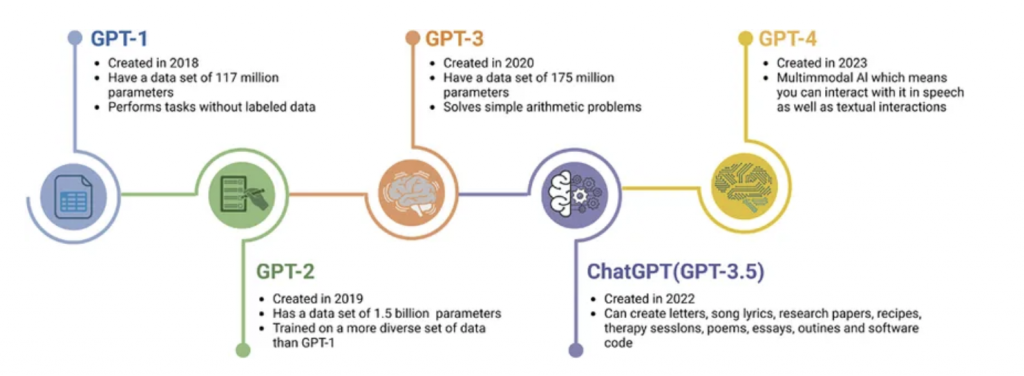blog»SEO»From Google to ChatGPT: What the Rise of AI Means for SEO

From Google to ChatGPT: What the Rise of AI Means for SEO
2025/06/10
You can read this article in about 14 minutes
Introduction
Search is changing, and fast.
Where users once typed a few keywords into Google and scrolled through blue links, they’re now asking full questions to AI tools like ChatGPT and getting instant, conversational answers. It’s not just a shift in technology, it’s a shift in behavior. People expect clarity, context, and usefulness, without needing to click through five different blog posts.
For marketers and SEO professionals, this change brings both risk and opportunity. Traditional SEO still matters, but the rules are evolving. To stay visible, brands need to think beyond rankings and start thinking about how AI understands and surfaces their content.
In this article, we’ll explore how search behavior is changing in the age of AI, what it means for traditional SEO, and how marketers can make their products, services, and ideas discoverable, not just on Google, but inside tools like ChatGPT.
1. The shift in search behavior: From keywords to conversations
For years, SEO has revolved around keyword intent, figuring out what short phrases people type into search engines and optimizing content to match. But that’s no longer how many people search.

Today, users are asking full questions in natural language.
They’re turning to tools like ChatGPT, Perplexity, Bing Copilot, or even voice assistants to get immediate, conversational answers. Instead of clicking through 10 search results, users are expecting the answer right there in the response.
This is a major shift—from navigating the web to interacting with it.
It also means users are skipping the traditional funnel. They’re not always landing on your blog post or product page. They’re discovering solutions, summaries, and brands directly through what an AI tool can explain or recommend in plain language.
As a result, the concept of “ranking #1 on Google” is no longer the only goal.
Today, it’s about being included in the AI’s knowledge base, and being cited or described accurately in the answers these tools generate.
What marketers should take away:
- Users are searching with questions, not keywords write your content accordingly.
- Discovery is shifting from link-clicking to answer-surfacing.
- To stay visible, brands need to think about how they’re represented in AI-driven tools, not just search engines.
2. Traditional SEO vs. AI-optimized content
Traditional SEO has always been about signals: Use the right keywords. Get backlinks. Optimize metadata. Structure your site. And ideally, Google rewards you with a higher rank.
That still matters, but AI tools play by a different set of rules.
Large language models like ChatGPT don’t crawl the web in real time or rely on search rankings. Instead, they draw from a mix of training data (for general knowledge) and integrated browsing or APIs (for updated information). They don’t just rank content, they interpret it. They extract meaning, blend insights, and present an answer that sounds coherent and helpful.

This means your content needs to do more than include the right terms.
It needs to explain things clearly. Answer common questions. Connect ideas. And provide the kind of depth and clarity that AI can confidently summarize or recommend.
You’re no longer writing just for readers or just for algorithms. You’re writing for the AI that sits between your brand and your potential customer.
What marketers should take away:
- Keywords and backlinks still matter, but clarity and structure matter more.
- Focus on creating content that explains, not just sells.
- AI doesn’t rank, it understands. Make sure your content is easy to understand and hard to misinterpret.
3. How to help ChatGPT (and other AI tools) understand your brand
Unlike search engines, AI tools don’t just surface your homepage, they generate answers based on what they know about you. That knowledge depends on how clearly and consistently your brand is represented online.
So how can you make sure AI tools actually “get” your brand?

Start with the basics:
- Product pages should be descriptive, not just filled with specs.
- Use cases, FAQs, and how-to content help explain what you do, who it’s for, and why it matters.
- About pages and team info give context that language models can use to understand your expertise.
Then go beyond your site:
- Make sure your brand shows up accurately in high-authority source, directories, review platforms (like G2, Capterra), Wikipedia (if relevant), and trusted industry blogs.
- Use schema markup and structured data to make key information machine-readable.
Finally, avoid being vague. If you want AI to recommend your product as a solution, you need to clearly state what problems you solve, and for whom.
AI tools don’t “guess.” They connect the dots based on available information. If your content is too thin, too generic, or buried inside jargon, it won’t make the cut.
What marketers should take away:
- Treat your website as a source of truth, not just for customers, but for AI models.
- Be specific, structured, and generous with information.
- Distribute your content across credible sources, because AI reads far beyond your blog.
4. The rise of “AI-facing content”
As search evolves, a new kind of content is emerging—one that isn’t just written for humans or Google, but for AI models like ChatGPT.
This doesn’t mean writing for robots. It means writing in a way that makes it easier for AI tools to extract and deliver your insights accurately.
AI-facing content is:
- Structured – Clear headers, short paragraphs, and logical flow.
- Explicit – It answers questions directly, using natural language.
- Contextual – It explains not just what your product is, but how it’s used, by whom, and in what scenarios.
- Modular – It breaks complex topics into digestible parts AI can reference and summarize.
Think of it like building a “knowledge layer” for your brand. This might include:
- Explainer articles (“What is [your product] and how does it work?”)
- Use case breakdowns
- Comparisons with other tools or approaches
- Industry explainers that anchor your brand in a broader conversation
If AI tools are where people start their discovery journey, this is the content that helps them find (and understand) you, without ever landing on your site.
What marketers should take away:
- Start creating content that answers, not just ranks.
- Make your content easy to quote, reference, and summarize.
- Shift from “keyword content” to “knowledge content” that AI tools can confidently include in answers.
5. Action plan for marketers
The shift to AI-driven search isn’t a someday thing, it’s happening now. And marketers who adapt early will have a real edge in how their brand is discovered, interpreted, and recommended.
Here’s how to get started:
1. Audit your existing content
- Identify pages that answer real questions vs. pages that just promote.
- Highlight your most informative, evergreen pieces, and optimize them for clarity.
2. Add context to key pages
- Go beyond product features. Explain use cases, who your product is for, how it compares to alternatives, and where it fits in the customer’s workflow.
- Make your About, FAQ, and Documentation pages as useful as your homepage.
3. Create AI-friendly content types
- Think “What would someone ask ChatGPT about this topic?”
- Publish explainers, comparisons, tutorials, and deep-dive resources.
- Use headers and lists to structure your ideas clearly.
4. Get your brand into credible sources
- Update your listings on Capterra, G2, Shopify App Store, Wikipedia, or any high-authority directories relevant to your business.
- Earn mentions from trusted industry publications or expert blogs.
- AI doesn’t rely on backlinks, it pulls from trusted signals.
5. Monitor how you show up in AI tools
- Try asking ChatGPT or Perplexity about your product, your category, or your competitors.
- If you’re not showing up, ask: what information is missing? What could you explain more clearly?
Conclusion
AI isn’t killing SEO, it’s reshaping it.
As tools like ChatGPT become part of everyday search behavior, marketers need to think differently about how people discover, evaluate, and trust information. It’s no longer just about ranking high on Google. It’s about being clearly understood, accurately represented, and meaningfully included in AI-generated answers.
That means writing content that’s not only optimized for keywords, but optimized for context. It means showing up across trusted platforms, publishing content that educates (not just sells), and making your brand easy for both humans and machines to understand.
If SEO used to be about visibility, AI is about credibility. And in a world where people trust the answer, not the source. Marketers who adapt will become the answer.